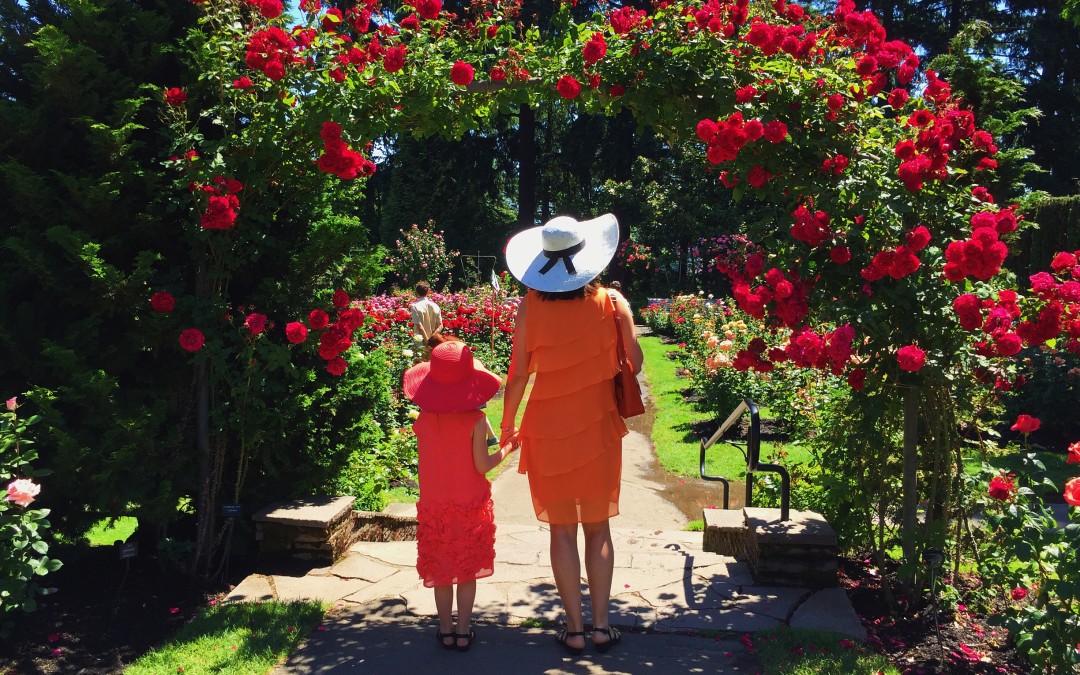I will never forget it.
The story that my friend told me about her daughter who came to her crying, disappointed after she found out that Santa Claus is not real. She Googled it, she said.
It’s inevitable, you might say. They’ll find out eventually. That is true. But how about other feelings we, both children and adults, experience because of our introduction to the Internet a bit early, or because of our addiction to it? Anxiety, anger, depression…
We all, men, women, and children, spend huge amounts of time online every day. And if that’s not enough, according to a 2014 study by HR firm Randstad US, 42% of adults admit to checking their work emails while on holiday, a time that they should be spending disconnecting and relaxing.
Why it is so hard to switch off? Is it because it’s addictive? Is it because we don’t want to miss out on anything? Is it because we use social networks as a place to stroke our own egos?
Whatever the reason is, there are repercussions to be aware of. Smartphone and computer use can cause a number of psychological issues:
- stress and anxiety;
- loss of family life;
- poor development of social and emotional skills, particularly empathy, caused by reduced social contact;
- unrealistic expectations of relationships and love lives – online dating, infidelity;
- over-emphasis on self-image, leading to a low self-esteem or anorexia;
- video game culture – violence, low empathy, detachment.
There’s also the risk of a range of physical health issues such as:
- obesity caused by long hours sitting still;
- lack of sleep, and the related health issues of this;
- back, shoulder, and neck pain from poor seating posture and muscular tension;
- headaches and eye strain.
Not to mention the sheer amount of time that could be spent doing something more productive or enjoyable. And the possibly future regret and embarrassment of having shared those unflattering photos of yourself while drunk on holiday when, a few years later, you are applying for jobs.
On our honeymoons and vacations, in an attempt to usurp the random posts of unflattering wedding shots or bragging about our trip to the beach, we spend hours of our precious time away from our spouses and children, choosing and posting our preferred photos into an online album.
There is a fashionable trend on the rise – to go “offline” altogether. Disconnect. Spend time with nature or in absolute quiet, thinking, creating, exercising.
Why is that?
Because we want our lives back. Because relationships need effort and time to make them work. Any relationship. Without exception! Those brought up on social networking can too easily become accustomed to the “disposable” attitudes of online dating and the modern consumer world, with potentially horrific implications for the future of families and partnerships, with terrible implications for the long-term health of our society. Implications to:
- creativity and imagination;
- productivity;
- innovation;
- relationships;
- mental and physical health of both adults and kids.
We need to take charge. We need to be present when our families are talking to us. We need to take time to go outside and explore with our children. We need to disconnect so that we could allow for our thoughts to flow freely and creatively, and so that we could come back to work with the renewed vigor and passion rather than indifference.
Let’s not allow our work consume us. To do that, we need to become more productive during our work hours, minimize the distractions. There are apps that can help us do just that, such as Anti-Social.
Let’s keep our children safe. Technology can be a source of great learning. But organizations like SafeSurf® and OnGuardOnline provide tools and information to help parents in their quest for their kids’ safety. But we ourselves need to be mindful about what information we post about our kids.
The FBI has a worrying list of the types of cyber-attacks on users of social networking sites, plus some helpful tips on how to not become a victim.
I’ll be the first one to admit that I am a technology addict. I am a social media marketer, it kinda comes with territory. I am also a workaholic, because I love what I do. It is a consistent struggle to find the right balance. But over the past 5 years, while juggling projects, networks, friends and communities, I noticed that I developed a slight ADD. I gained weight. My sleep patterns were off. I somewhat neglected my daughter.
So I started to make changes, such as:
- Family dinner together every night with our child (even if one of us is traveling);
- No tech or toys at the dinner table (if the phone rings during dinner, we don’t pick it up);
- No work between the hours of 6-8pm when my daughter is back from school and before her bed time;
- Giving my family an undivided attention during our family time;
- On the weekends spend time outside without technology (yes, without even a cell phone);
- Play more board games;
- No technology in your bedroom (no cell, laptop, TV, nothing), it vastly improves sleep patterns.
And that’s just basics. I am still working on the right amount of time I spend with and without technology. And today I invite all of you to take the pledge to be mindful. To go screenless every now and then. To reclaim your lives. To keep us all sane and our relationships thriving.
Because it is worth it!
Because, when it’s all said and done, none of us will ever say on our deathbeds: “I wish I spent more time with my beloved technology.”
Originally appeared on Huffington Post

